“Start your website” flashed on my laptop’s screen, inviting me to explore the world of blogging at a time when Facebook pages, blog posts and Tweets were particularly renowned for rallying the masses and equipping them with the power of information to battle inequality, corruption and authoritarianism like never before.
As I sat in a university computer lab, more than 13,000 kilometers away from Egypt, I felt some anxiety – or was it excitement – as I slowly clicked through the pages to start a website. Soon enough, I entered two words that would have more meaning than I could have ever imagined at the time: Egyptian Streets.
Within a day, I had squeezed in enough time between classes to work on a preliminary design (a rather elementary design, created entirely on MS Paint; see below and don’t laugh).
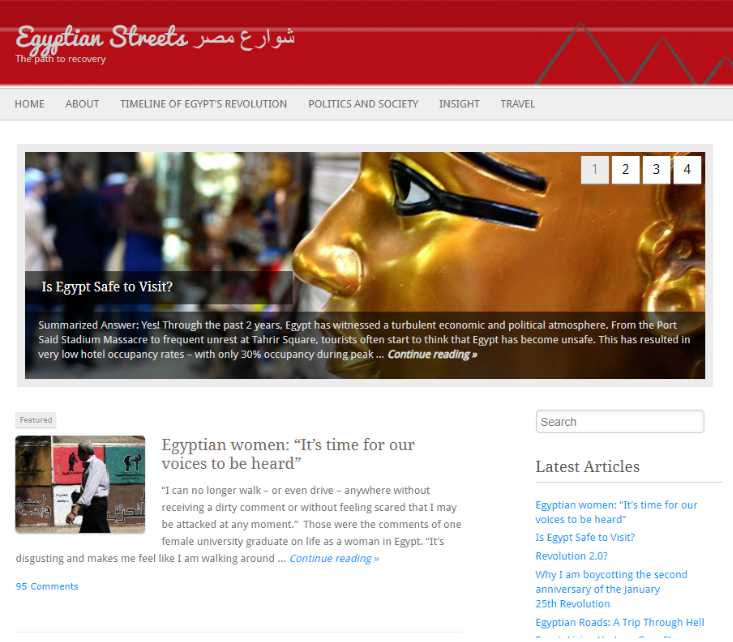
With the difficult part out of the way, I started writing my first ever ‘blog’ post. I didn’t care if no one ever read it. Having a ‘platform’ to publish on, even if it was just for myself, was empowering enough.
So, still flabbergasted by the takeover of the Muslim Brotherhood just a month earlier, I published Egyptian Streets’ first ever story titled ‘Egypt is not Om El Donya Anymore’. Of course the blame for my sentiments wasn’t entirely placed on the Muslim Brotherhood: sexual harassment, poor educational infrastructure, rising socioeconomic inequality, sectarianism and the fall in Cairo’s soft power regionally and across the world had characterized Hosni Mubarak’s final years in office.
After clicking publish, I shut my laptop screen feeling a new sense of optimism.
No ‘voice’ of Egypt abroad
Growing up as an Egyptian “diplobrat” who lived most of his life abroad, I was among more than 10 million forgotten Egyptians who did not seem to matter, despite their key contributions to Egypt’s economy through remittances and involvement in protests and elections at Egyptian missions around the world. Our experiences, our stories, our views were often sidelined and ignored: we were ‘lucky’ to live abroad and could in no way ‘relate’ to Egypt since we were all ‘khawagas’.
Even worse, Egyptians living abroad had limited access to information about their own homeland during a time of significant change. If, in 2011, I wanted to learn more about what was happening in Tahrir Square, then I only had a few options: ask family and friends living in Egypt; somehow manage to get Egyptian satellite television working abroad; navigate old, bloated Arabic news websites; or wait until an international publication, such as the BBC, reports. There was no accessible Egyptian media voice that leveraged modern tools, such as social media, to communicate stories from Egypt in a language and form that was easily digestible.
Of course, my sense of optimism didn’t extend to me thinking that ‘Egyptian Streets’ would solve all of these issues. At the time, as a 20-year-old university student, it was enough for me to just have access to a platform and to give that platform to other Egyptians living abroad and to highlight stories that were rarely shared.
Less than a year after I published my first post, the Egyptian Streets Facebook page would go viral, growing from just 3,000 followers to 30,000 in the space of a couple of weeks. This sudden, and unexpected, growth followed my day-and-night coverage of the 30 June protests, all the way from my bedroom in Melbourne.
Frustrated that, once again, a large number of Egyptians living abroad, foreigners living in Egypt and others interested in Egyptian affairs would need to wait for a delayed and loaded headline story from the likes of the New York Times or the Guardian to learn about the monumental changes that were happening, I decided to take matters into my own hands.
Leveraging social media, something few media platforms had taken advantage of, I spent entire days and evenings leading up to the 30 June protests until the ouster of Mohamed Morsi on 3 July posting simple ‘status’ updates in English on the Egyptian Streets Facebook page. I would digest the latest information from Arabic publications and sources in Egypt, cross reference and confirm the information, and then post the information on Facebook as frequently as possible, providing anyone with the ability to understand what was happening in Egypt on a moment-to-moment basis.
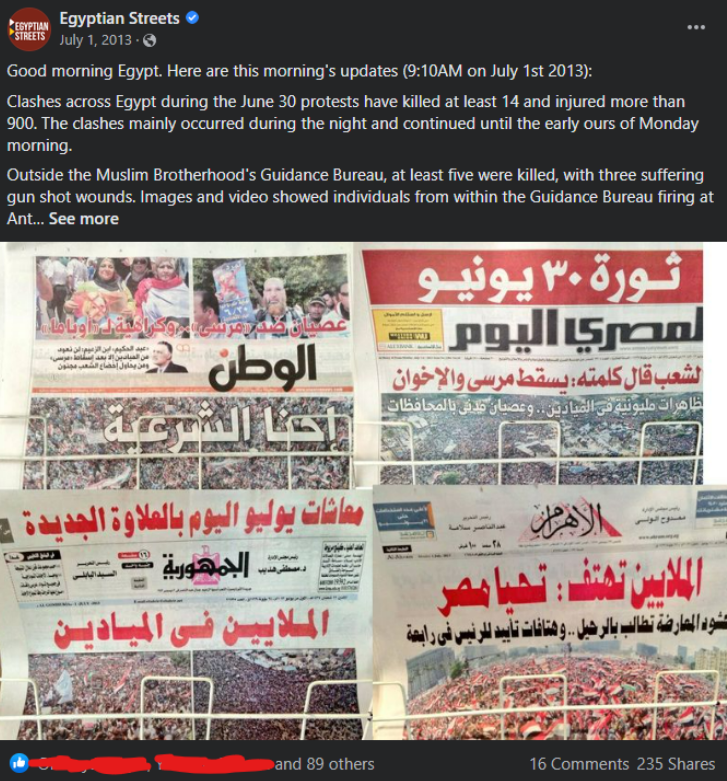
It was just after midnight in Melbourne when it was announced that Morsi would be removed from power and replaced with a transitional government. With my mom, I went to the nearby McDonald’s for some chicken nuggets. While waiting in the drive through, I checked my phone and noticed, for the first time in a couple weeks, just how many new people had started following Egyptian Streets. It was at that time that I realized Egyptian Streets could be much more than a personal ‘blog’.
Egyptian Streets Today
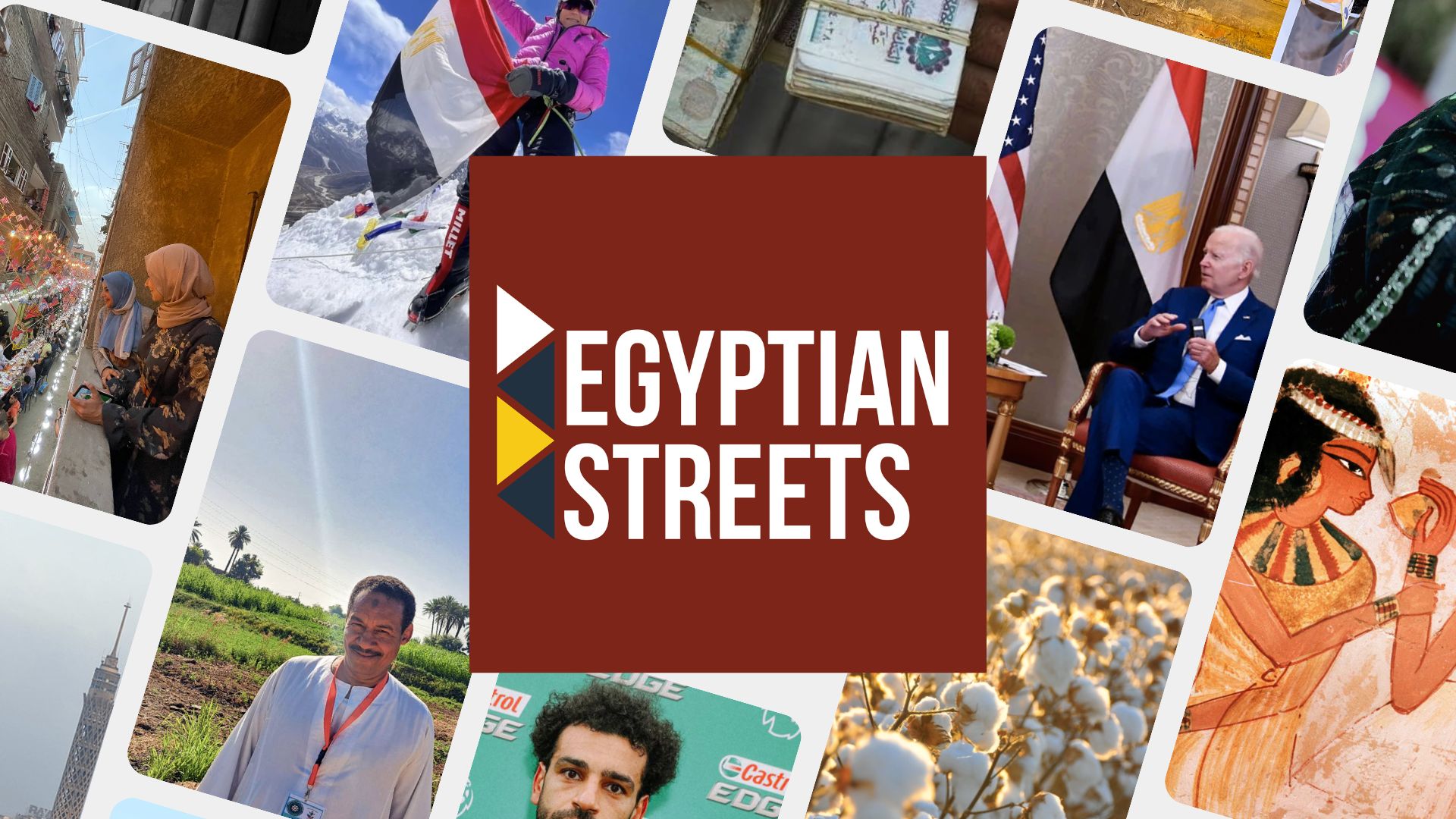
Ten years after its launch, Egyptian Streets is a news media website, a platform for young and aspiring storytellers, a community and much more that has proven to be a necessary voice in Egypt and beyond for Egyptians, no matter where they are in the world.
Despite its prominence, which includes reaching more than two million people a month organically, I am still taken aback when someone I have just met tells me they follow Egyptian Streets. From 2012 to 2015, I largely operated Egyptian Streets on my own from abroad. I would quietly duck out of a cinema to update readers on a terrorist attack, hide out in the bathroom at the cafe I worked at to post about election results, and leave university events early to edit stories by contributors. In an old log from September 2014, I recorded 50 articles being published in 28 days, 32 of which were written by myself, 14 were republished from partner websites and adapted to fit Egyptian Streets’ style and four were submitted by contributors.
A lot has changed since those days. With a small (but growing) and diverse team of passionate storytellers – members of which are all unique in their own ways and who are all based in Egypt – Egyptian Streets has developed into one of Egypt’s most engaging media platforms, telling original stories to more than two million people a month and shedding light on issues that are often underrepresented and overlooked.
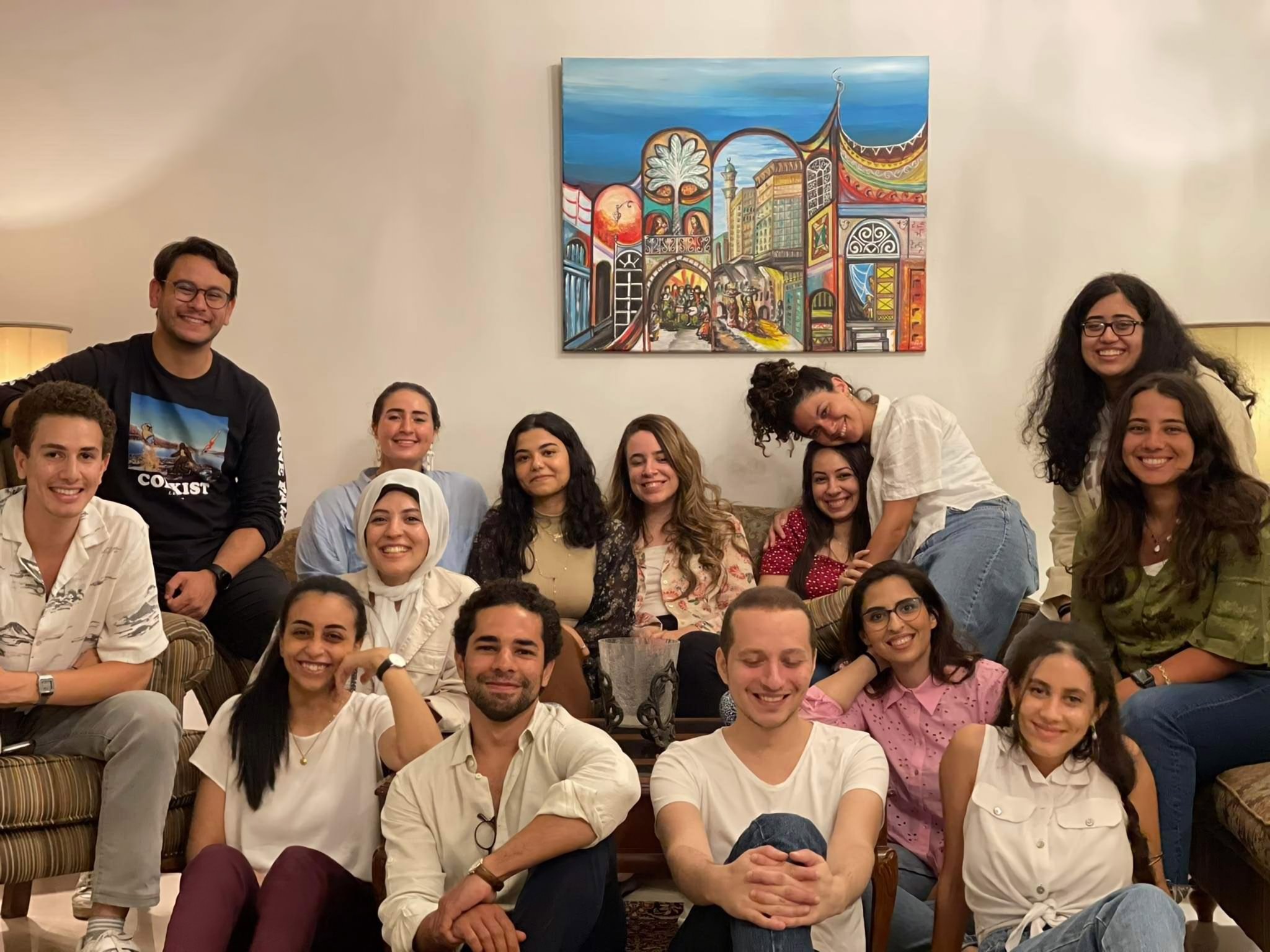
In 2014, when I first started to onboard contributors to help with managing Egyptian Streets, one of our earliest supporters and contributors told me that it was our mission to tell the ‘stories that matter’ that inspired her to reach out.
“I want to write for Egyptian Streets,” she told me after reaching out to me on Facebook. “Because I want people to be conscious of the country they’re living in and the lives they’re leading.”
Today, that still very much reflects why people join the Egyptian Streets team and how they operate. Egyptian Streets is a platform for our writers, our contributors and the community to leverage for impact and change. The stories we tell, the voices we amplify, the topics we cover and the approach we take is – perhaps unfortunately – nonexistent in Egypt. There are very few, if any, publications in English or in Arabic in Egypt that cover social and cultural issues with the same depth that we do; that is, exploring an issue, shedding light on the experiences of people experiencing that issue, and either presenting a solution or raising awareness for the need of a solution.
This has been achieved through not only the team’s passion, but also through collaboration, strong engagement and partnerships with the community, including non-governmental organizations, businesses, government departments and academic institutions.
We have worked with the likes of the World Food Programme to tell the stories of farmers in Luxor who are on the forefront of efforts to achieve a climate-resilient future, various United Nations agencies to promote social and development work across Egypt, women’s rights organizations and activists to shed light on inequality in Egyptian society, government agencies such as the Ministry of Emigration and Egyptian Expatriate Affairs to support Egyptians abroad, local businesses to promote tourism and travel, universities, such as the American University in Cairo, to support young media students with capacity-building opportunities, the Egyptian Stock Exchange to increase financial literacy, various film festivals and cultural agencies to highlight independent filmmakers and much more.
Our success has been recognised throughout the years in various forums. In 2018, I, alongside Mostafa Amin, was named in Forbes’ annual 30 Under 30 Europe list in the ‘Media and Marketing’ category for our role in operating Egyptian Streets. I remember googling my name and Egyptian Streets on my phone while rushing to work that day to find out whether an announcement had been made, only to find a deleted, but cached, article by Forbes prematurely announcing our achievement. I was elated and immediately shared the news with the rest of the team: this was the first significant ‘international’ recognition of our efforts to date. Two months later, we were also selected in the very first class of Forbes’ Arab 30 Under 30, the first and only time anyone from Egypt has appeared in two lists.
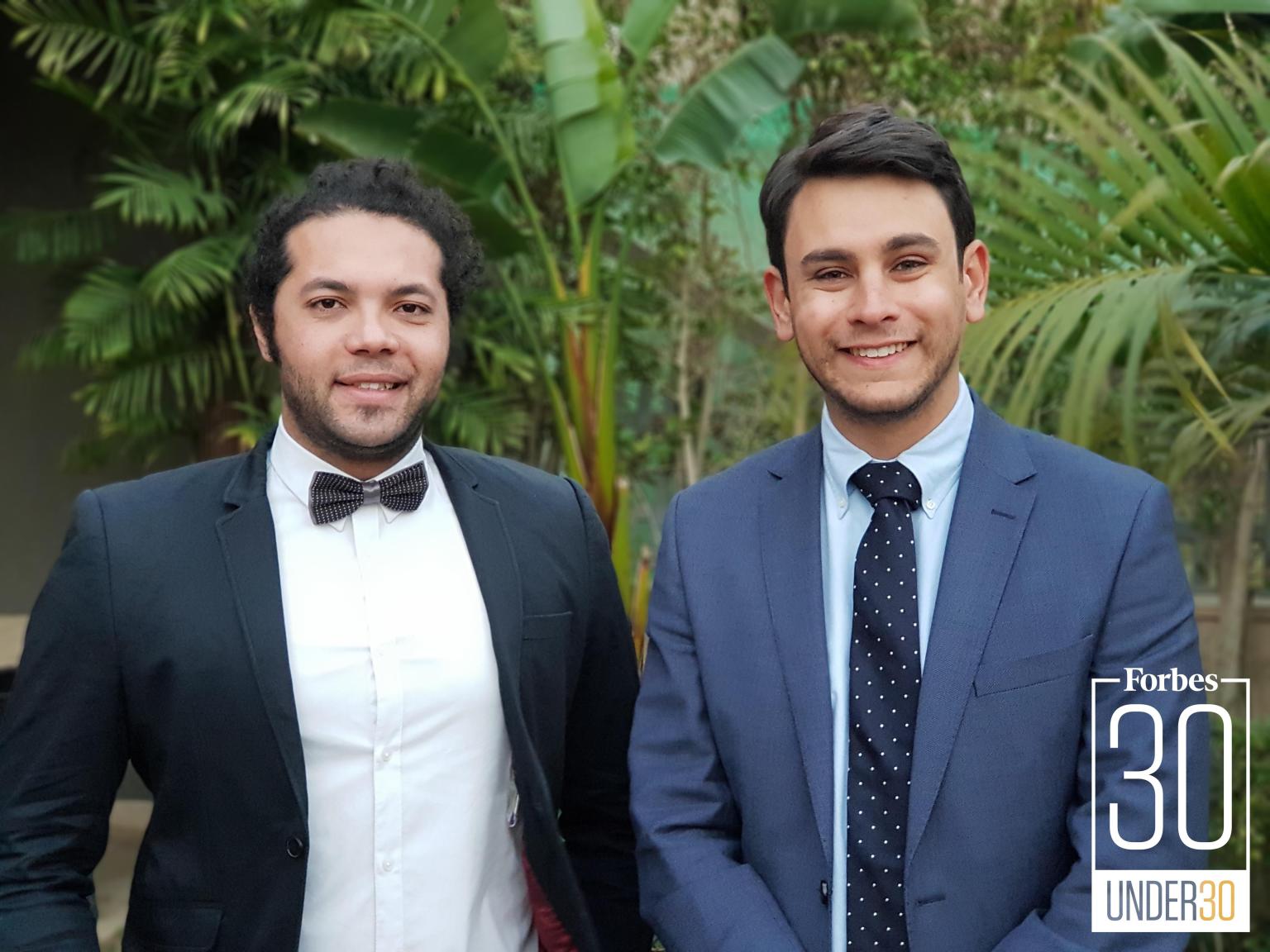
Later that year, I was invited to give a keynote speech alongside the likes of Nobel Peace Prize winner Nadia Murad and the United Nations Secretary-General’s Envoy on Youth Jayathma Wickramanayake at the opening ceremony of the World Youth Forum. Being in the presence of such inspiring individuals, especially Nadia, was daunting. But, I managed to muster up the courage needed to take to the stage in front of 5,000 attendees, including some world leaders, and speak about how everyone can use news media tools to make an impact in their communities.
This recognition and success continued well past 2018, largely thanks to the incredible efforts of the Egyptian Streets team. In 2021, Egyptian Streets was invited as a member of the World Association of News Publishers, joining thousands of publishers from around the world. Meanwhile, this week, Egyptian Streets was announced as one of the selected projects for Google’s News Initiative Innovation Challenge.
A challenging path for all

Of course, like any other business, we have dealt with our fair share of challenges too. These challenges have evolved since I first founded Egyptian Streets, when the biggest challenge was sourcing sufficient resources to build a team.
Access to information is increasingly limited in Egypt, particularly as the diversity of the media sphere continues to shrink, absorbed by either singular voices or business interests and chained by growing self-censorship and the lack of transparency. Facebook, Twitter, TikTok and Instagram are the new community noticeboards: people flock to them first for breadcrumbs of information about what’s happening in their communities. Then, people try to piece this information together through word of mouth, anonymous social media posts, ‘official’ statements and, if possible, foreign coverage of local news. I have written about this in the past, including in an op-ed where I highlighted the importance of a new media framework and greater transparency.
Without this transparency, the media needs to be overly cautious and social media can quickly be filled with inaccurate information. For media organizations, it can often be difficult to verify information at the speed which audiences demand. Unfortunately, even when a story is “verified” – including by government sources – the lack of access to information means errors can arise, blemishing the work of journalists across the industry despite it being anything but their fault.
Access to funding and advertising opportunities is also increasingly limited in Egypt. Independent news media organizations – and especially organizations that are actually news media and are not just promotional arms of advertising agencies – struggle to attract advertising revenue. A large part of running Egyptian Streets involves preparing pitches, searching for and meeting with businesses, organizations and agencies that are compatible with our platform and trying to convince them to either fund a project or advertise their brand or services. Often, and as has been the case, this is not enough.
As such, to continue telling impactful and engaging stories through multimedia, modern and tailored platforms, we are starting to look at alternative ways to innovatively and sustainably grow and operate. We want to tell more stories, and cover more of Egypt – not just Cairo or Alexandria. This is part of the reason why Egyptian Streets applied, and was successfully selected, for the Google News Innovation Challenge and why we are investing more of our resources in multimedia production.
Being a journalist, writer or storyteller can have mental health implications. When the Egyptian Streets page started gaining significant attention after the 30 June protests, one of the issues I quickly had to overcome was the impact comments on articles and messages to the Facebook page can have on my mental health. Our writers have often faced abuse online and received threatening messages and emails from keyboard warriors who would prefer to hide truths and realities rather than confront them and address them.
This form of online abuse has a significant impact on the mental health of those who are facing it and has become part and parcel of being a journalist today. It has also scared away people from speaking to journalists – even in relation to the most harmless, uncontroversial topics: people don’t want their stories and experiences to be ridiculed and be the subject of abuse online and so they prefer to keep such stories and experiences to themselves. Though we encourage open discussion on our platforms, we also take action to tackle abuse and engage with our readers regarding the importance of remaining respectful when posting comments.
Why Egyptian Streets keeps running
For me, these challenges and the range of others that exist, are sometimes a reminder why journalism and the work of Egyptian Streets is important. I have thought countless times about just shutting down Egyptian Streets: why go through all these difficulties and challenges in an ecosystem that is increasingly wired to work against you? Any ‘money’ arising from Egyptian Streets certainly isn’t worth it.
The answer for that is the community: the community that relies on Egyptian Streets for the information it posts, the community that is inspired to take action to tackle an issue of importance, and the communities around Egypt and the world which we highlight and impact.
In January 2019, following the killing of a Sayed Taha who gave his life to save a woman from sexual assault, I launched a GoFundMe to support the his daughter and mother whose lives depended on the income he made. I set a modest goal to raise $AUD 5,000, thinking that it would be good to achieve just a fifth of that amount. In just 24 hours, the community banded together and raised $AUD 10,000. By the end of the 10-day campaign, 467 people had donated and thousands more had shared and supported the campaign, raising $AUD 15,000.
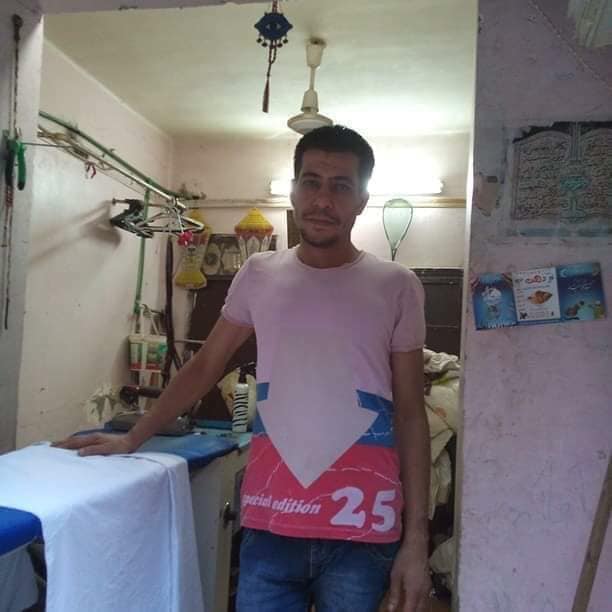
Egyptian Streets has also provided a platform to dozens of small businesses, organizations and initiatives in Egypt and globally, giving small business owners, NGOs, activists and others the opportunity to use the platform to reach hundreds of thousands of people and to drive actionable change. We have featured and provided a platform to an Egyptian restaurant in Toronto run and owned by an Egyptian mother and her two children, a rising Egyptian-Irish singer based in London, an Egyptian director, designer and producer working in California with some of the world’s top brands and artists, an initiative in Cairo set up by an Egyptian-Australian to tackle taboo topics, a Coptic Christian Egyptian community center in Nashville and many more individuals and groups.
It is also heartwarming for myself and the Egyptian Streets team when we read comments on our posts from the community – or when we hear such comments in person – expressing gratitude for the information shared or explaining how a story changed their views on an issue, spurred them into action, or allowed them to feel less lonely in the world.
Without the community, the above and more would not exist. Egyptian Streets would not exist. We tell stories, share information, and highlight issues to keep the community informed, to stir conversations on topics that would otherwise not occur and to inspire change.
While Egyptian Streets will continue to grow and evolve, and changes will come, it will nevertheless remain as a platform for the community. A platform that tells the stories that matter.
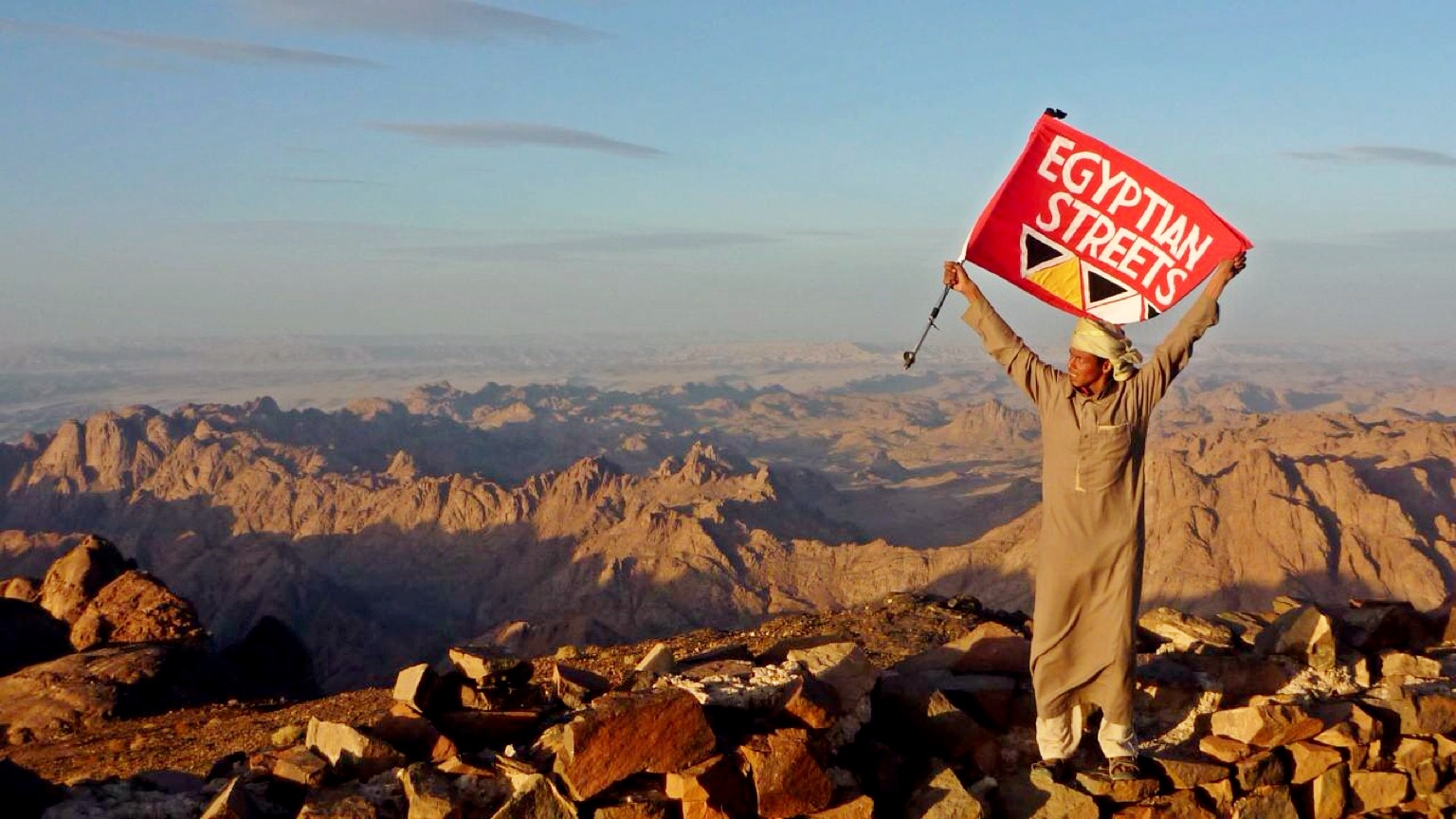

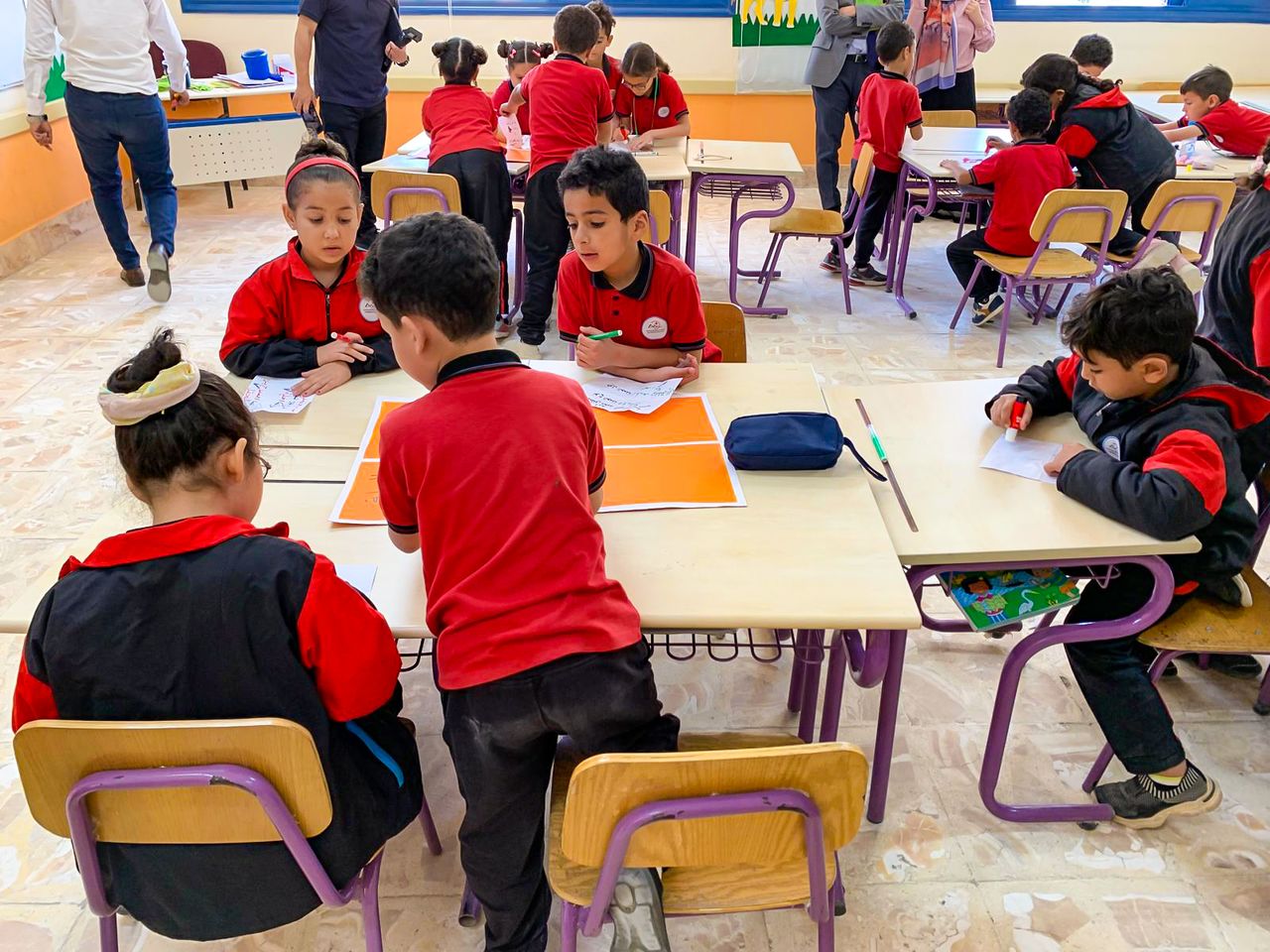

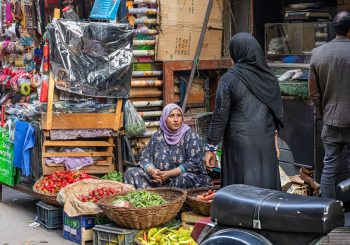


Comment (1)
[…] […]